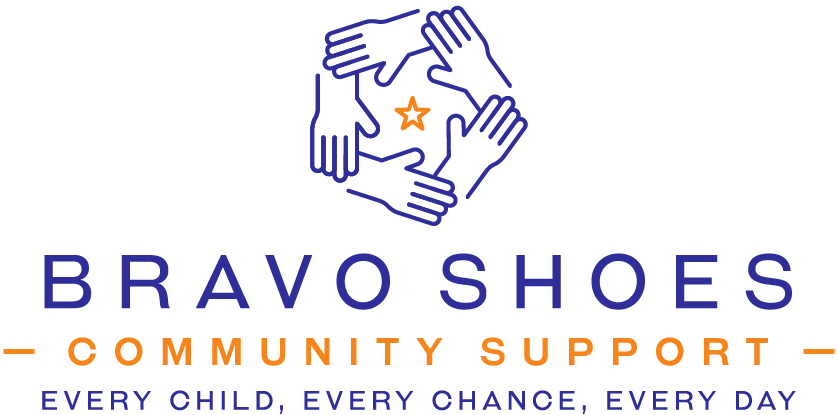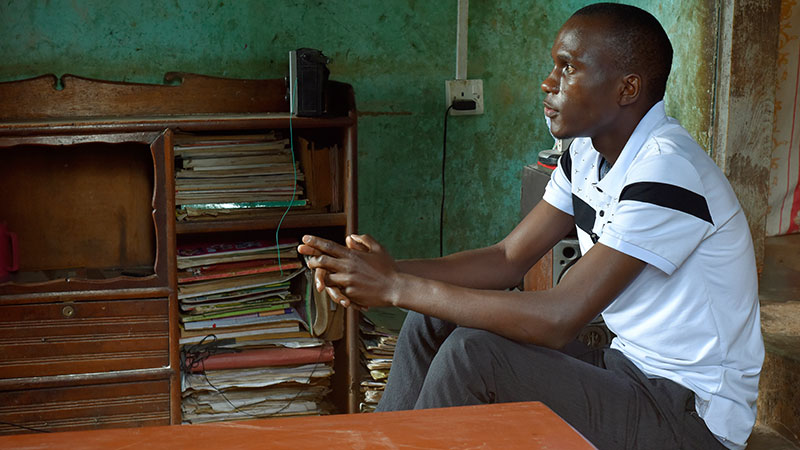As Ssuubi Henry Kiyimba triumphs against all odds to emerge as a prominent figure in the country, it provides a glimpse into the life of the boychild.
Henry Ssuubi Kiyimba has successfully become a qualified engineer, contributing to a reputable regional company, Uganda Baati. Ssuubi’s journey began at Makerere University, where he faced social media criticism for carrying a metallic suitcase at the start of his university life.
Despite the challenges, he persevered and eventually earned a full scholarship to pursue his desired course at Makerere. Thanks for Bravo Shoes Community Support Organisation (BSC) for the role played in his journey of life.
The first lady Janet Museveni, the Education and Sports Minister is concerned about Boys are increasingly dropping out of Primary schools.
“I have observed a concerning trend regarding the boy child. More and more girls are completing the PLE cycle while more boys are dropping out. Why is the boy child not completing primary Education?-“ she asked.
The Minister of Education decries the increasing dropout rate of the boy child.
Ssuubi has achieved the status of a fully-fledged engineer, contributing to the success of the reputable regional company, Uganda Baati. His academic journey at Makerere University began amidst social media criticism for carrying a metallic suitcase during the commencement of his university life. However, Ssuubi persevered through these challenges and earned a full scholarship to pursue his dream course at Makerere.
Guided by the empowering words of his single mother, Rose Nalwanga, who instilled hope into his life, Ssuubi’s journey, originating from Mpigi District, has been challenging but ultimately led to a secure and stable landing.
Nalwanga, a mother of eight children, navigates the financial burdens by accumulating loans from banks, microfinance institutions, local saccos, and supportive individuals.
Before the involvement of Bravo Shoes Community Support Organisation (BSC), Ssuubi expressed various needs, including a Ush2 million school fees debt owed to his high school, where his UACE pass slip was withheld. Through collective efforts, Ush1.57 million was raised by 11th August, clearing the school fees debt. Additional needs such as a laptop, bedding, clothes, stationery, a suitcase, a mobile phone, and food were also addressed, with Ruth Aine, a blogger, publishing Ssuubi’s wish list for assistance.
Minimal Efforts to Save the Boy Child
In response to the educational and socio-economic challenges faced by young boys in marginalized communities, Rotary clubs in Uganda have launched a comprehensive plan to empower and uplift the lives of these youths through mentorship and skill development programs.
On the inaugural day of the initiative, more than 80 male youths actively engaged in a transformative discussion initiated by the Rotary Club of Bukoto, part of the overarching Rotary initiative focused on transforming the lives of the boy child. This initiative is a direct response to the 2018 World Bank report, which revealed that over 480,000 males between the ages of 15 and 24 in Uganda struggle with basic literacy, hindering their ability to lead productive lives.
Taking the lead in this transformative journey, the Rotary Club of Kampala Sunshine and the Rotary Club of Bukoto are dedicating the next five years to bringing about positive change in the lives of young boys residing in areas such as Naguru, Bukoto, and Kamwokya.
Addressing a mindset change campaign event in Kamwokya’s Mulimira Zone, Edith Kakuba, President of the Rotary Club of Bukoto, emphasized the commitment of Rotary clubs nationwide to this noble cause. The program officially launched on July 1, 2023, with two main areas of focus: ensuring basic education for boys aged 10 to 17 not currently in school and supporting those already in school by constructing classrooms. Additionally, the initiative targets young men aged 18 to 35.
Kakuba highlighted the active support of over 115 clubs under District 923 and 111 Rotaract clubs, making it a top priority for the Rotary community. Speaking to a group of more than 80 youths in Kamwokya, she stressed the importance of tailoring a program specifically to the needs of the boy child.
Jeff Ssekandi, President-elect of the Rotary Club of Kampala Sunshine, reiterated the club’s commitment to collaborating with the Church of Uganda to impact the lives of people in these communities. Recognizing the past emphasis on supporting the girl child, Ssekandi emphasized the need to shift attention to the boy child who has been left behind.
Ssekandi revealed that a comprehensive feasibility study in the Naguru area had informed the Rotary Club of Kampala Sunshine about the pressing needs of the boy child. The club is now geared towards working closely with the Naguru Go Down community and the local police department to uplift the boy child.
The initiative aims to create awareness that positive change can be achieved by creating job opportunities and altering perceptions surrounding the boy child in vulnerable areas. The facilitators hope the initiative will impact the lives of the youth, their homes, and their communities.
The Rotary clubs aspire to provide mentorship and skills that will empower young boys to build brighter futures for themselves and their communities. Alfred Kyaka, the assistant commissioner in charge of secondary education at the Ministry of Education, recently acknowledged the need for nurturing programs for the boy child, stating that while the government has not had a deliberate policy on boy child empowerment, such programs are essential.
The goal is to provide skills to destitute boys in Uganda through centers offering free skilling courses in knitting, weaving, tailoring, hairdressing, and shoe making. Rotarians believe that this training will enable youths to pursue entrepreneurial careers as viable employment options, increase the rate of business start-ups, and create more job opportunities for the youth in marginalized communities.
United Nations Sustainable Development Goal (SDG4) aims to ensure inclusive and equitable quality education and promote lifelong learning opportunities for all. This goal supports the reduction of disparities and inequities in education, both in terms of access and quality.
Several goals are related to children, including ensuring quality education and health services, ending the recruitment and use of child soldiers, and stopping all forms of violence against children.


